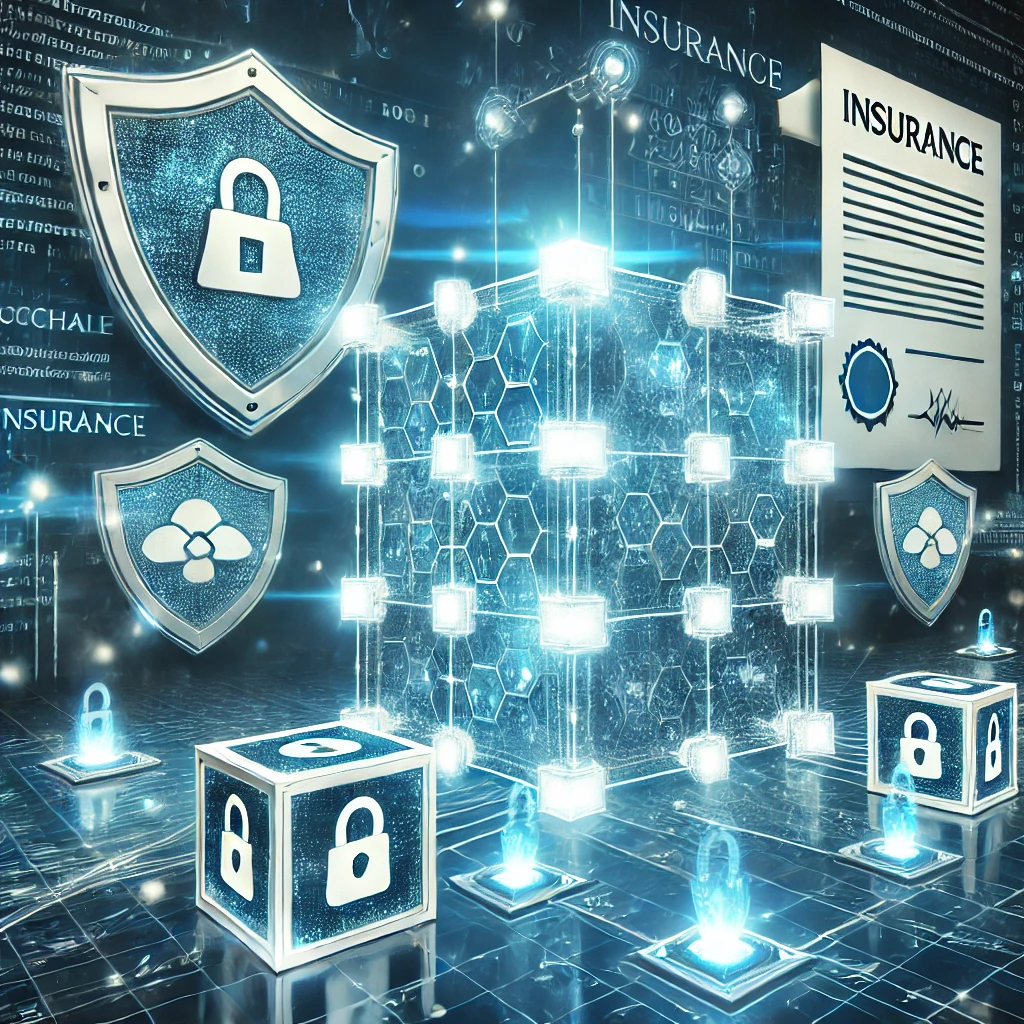Today we discuss Blockchain Uses Beyond Crypto. Since its inception in cryptocurrency, blockchain technology has undergone a rapid evolution. Today, other applications for blockchain besides crypto are revolutionizing both new and established sectors. That being said, I hope you enjoy reading and feel free to add feedback, as you are the best judge of what should go here! In this article, we will delve into the creative use cases of blockchain across industries and how it can potentially maximize benefits in our day-to-day lives.
What is Blockchain Technology?
Let’s begin with understanding what blockchain is, before exploring the applications of blockchain.
What is Blockchain?
Blockchain refers to a decentralized digital ledger that documents transactions across various addresses. The technology makes it impossible to change the data retroactively without the agreement of the network. Some of the important features of blockchain are:
- Decentralization: Nobody is in charge of the data.
- Transparency: Participants can see transaction histories.
- Irrefutability: Transactions can not be altered after they were recorded.
- Security: Data is safeguarded using cryptographic methods.
Such features allow blockchain technology to be applied to various fields and uses, not just cryptocurrencies.
Revolutionizing Healthcare
Applications in Healthcare
Patient Records Management Blockchain has the potential to store and secure patient data and make it more accessible to authorized providers.
- Drug Traceability: Keep track of all pharmaceuticals across the supply chain, guaranteeing medicines are legitimate and counterfeit drugs are prevented.
- Clinical Trials: Help increase transparency of trial results in a tamper-proof ledger
- Consent Management: Optimize the patient consent process for treatments.
So, through the application of blockchain in this way, healthcare providers can provide better patient care and help eliminate fraud.
Improving Supply Chain Management
Blockchain has also been immensely valuable in the supply chain industry, one that deals with the creation, manufacture, and use of a product.
Essential Benefits in Supply Chains
- Early Warning System: Track the optimum route in real-time, from point of production to delivery.
- Enhanced Transparency: Everyone can see the path that goods take, which minimizes disputes and builds trust.
- Smart Contracts: facilitate and automate agreements between different parties, making sure that preconditions are met before executing a transaction.
- Fraud Prevention: Verify products, minimizing the chances of counterfeit goods infringing the market.
This can result in improved efficiency and reliability in supply chains.
Simplifying Digital Identity Management
The management of digital identities has arguably never been more complex in our interconnected world.
Blockchain Uses Beyond Crypto – The Management Of Identity
- Decentralized Identity: Users own and manage their own identity.
- Identity Theft Prevention: Blockchain offers a secure way to verify identities, which can be more effective in reducing identity theft than previous methods.
- Simplified processes: Streamline the onboarding process for businesses and organizations.
It’s high time to rethink this and consider implementing blockchain technology that can provide users with more control over their personal data and improve security.
Transforming Voting Systems

But blockchain is not just a technology for voting.
Advantages of Blockchain in Voting
- Immutable: Votes are cast and cannot be modified or removed.
- Transparency: Every participant in the process can independently confirm the election, bringing trust to the outcome.
- Secure remote voting for those who cannot make it to polling places
- The role of blockchain in elections can help restore public faith in democracy.
Revolutionizing the Way Real Estate Transactions Happen
The volume of paperwork and the length of the transaction in real estate have always been impediments.
Use Cases for Blockchain in Real Estate
Secure property title records on the ledger: Keep secure titles on file on the ledger, eliminating ownership disputes.
- Smart contracts: Both parties can automate the buying and selling process so that neither party will lose money because the algorithm needs that all the agreed-upon conditions are fulfilled before signing the contract.
- Fractional Ownership: Enables several investors to possess a portion of a property, making property investment easier to reach.
Real estate transactions on blockchain can simplify the processes and make them much more efficient.
Empowering the Energy Sector
More and more, the energy sector is looking to blockchain for new ways to solve problems.
Some Blockchain Use Cases in Energy
- Decentralized energy grids: You can have decentralized energy grids, giving power back to the people —literally.
- Visibility on the source of renewable energy: tracking that customers see renewable energy.
Applications like these can help accelerate the shift over to sustainable energy systems.
Securing Intellectual Property
It is very important for creators and innovators to protect their intellectual property (IP).
How Blockchain Improves IP Protection
- Digital Ownership: Dates and ownership details are recorded on the blockchain, providing ownership rights.
- Royalty Management: Enable automated payment of creators based on the usage of their content.
- Verifiable Licensing: Establish licensing agreements that are clear and accessible to all involved parties.
Through blockchain, creators can safeguard their intellectual property better than before.
Strengthening Verification of Educational Credentials
Blockchain technology can prove very beneficial for the education sector.
Applications in Education
- Diploma Storage: Store diplomas and certificates with authenticity on the blockchain.
- Personal Learning Records: Keep a log of the courses taken by a person based on his/her skills acquired in his/her life.
- Effortless Verification: For employers, streamline the verification of educational credentials.
These innovations also help to create credibility for educational institutions and can simplify the hiring process.
Transformation of Humanitarian Assistance
Blockchain Can Revolutionize Humanitarian Aid!
Humanitarian Aid Benefit
- Direct Aid Distribution: Directly provide assistance to beneficiaries without going through intermediaries.
- Transparent Fund Management: How will donations be used? Greater accountability.
- Refugee Identity Verification: Help those who have been displaced keep safe identities.
Using blockchain makes humanitarian efforts much more effective and efficient.
Revolutionizing the Insurance Sector

Blockchain has the potential to disrupt the insurance industry.
Key Innovations in Insurance
- Smart Contracts: Streamline claims processing to save time and effort.
- Reducing Fraud: transparent records of claims that make it difficult to commit fraud
- Urge the administration to remove the transparency constraints that hurt the ability to allocate resources efficiently.
XII Blockchain can accelerate insurance transactions and make them more user-centric.
Conclusion
The Dapp ecosystem has a wide array of uses, illustrating the different possible applications of this revolutionary technology. Whether it’s solving complex challenges in healthcare and supply chains or voting and real estate, blockchain is revolutionising industries.
There is no doubt by the end of the decade that the use cases in blockchain are going to expand further. By adopting this technology, systems can become more transparent, secure, and efficient for people and organizations as a whole. Blockchain is headed towards a bright horizon that is just blossoming in the digital world.




